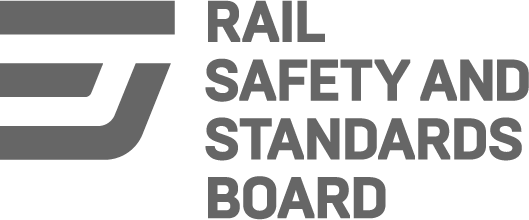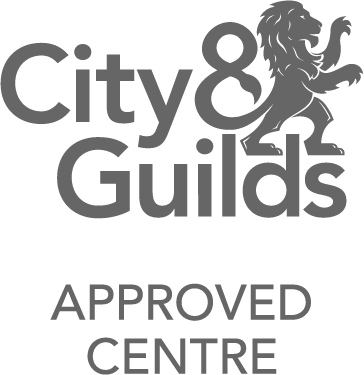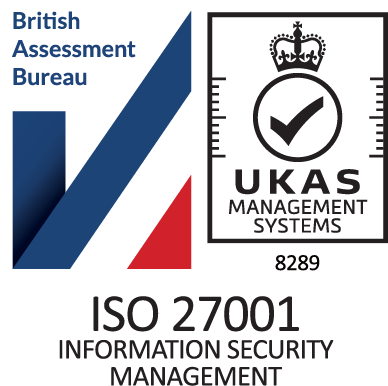
Taking place from 5 – 7 December in Brisbane, AusRAIL is the national conference and exhibition of the Australasian Railway Association (ARA)
Organised annually to bring the industry together to engage on key issues in the rail industry.
The AssessTech team are attending and exhibiting at this year’s show. Gabriel Stroud and Alice Barrett from the UK office will join our Business Development Manager for Australia and NZ, Graham Force, to showcase how electronic competence management can help improve safety and reduce incidents.
In a CIRO talk at AusRAIL PLUS 2021, it was highlighted, “With autonomous vehicles and trains becoming more widespread, we need to ensure we have the skills, knowledge, and systems to manage the operational side of the railway to reduce incidents and improve safety. Extra training is required, as well as new systems, for example, electronic competence management and familiarisation. The technology will help speed up the transfer of knowledge, making training more efficient and more manageable.”




